Mayor London Breed is spearheading a bold initiative to introduce a business curfew in San Francisco’s Tenderloin district.
Plagued by crime, homelessness, and overt drug use, the area might see a significant change if this proposal to limit nighttime business activities goes through, aiming to quell the escalating problems.
Mayor Breed on the Frontline
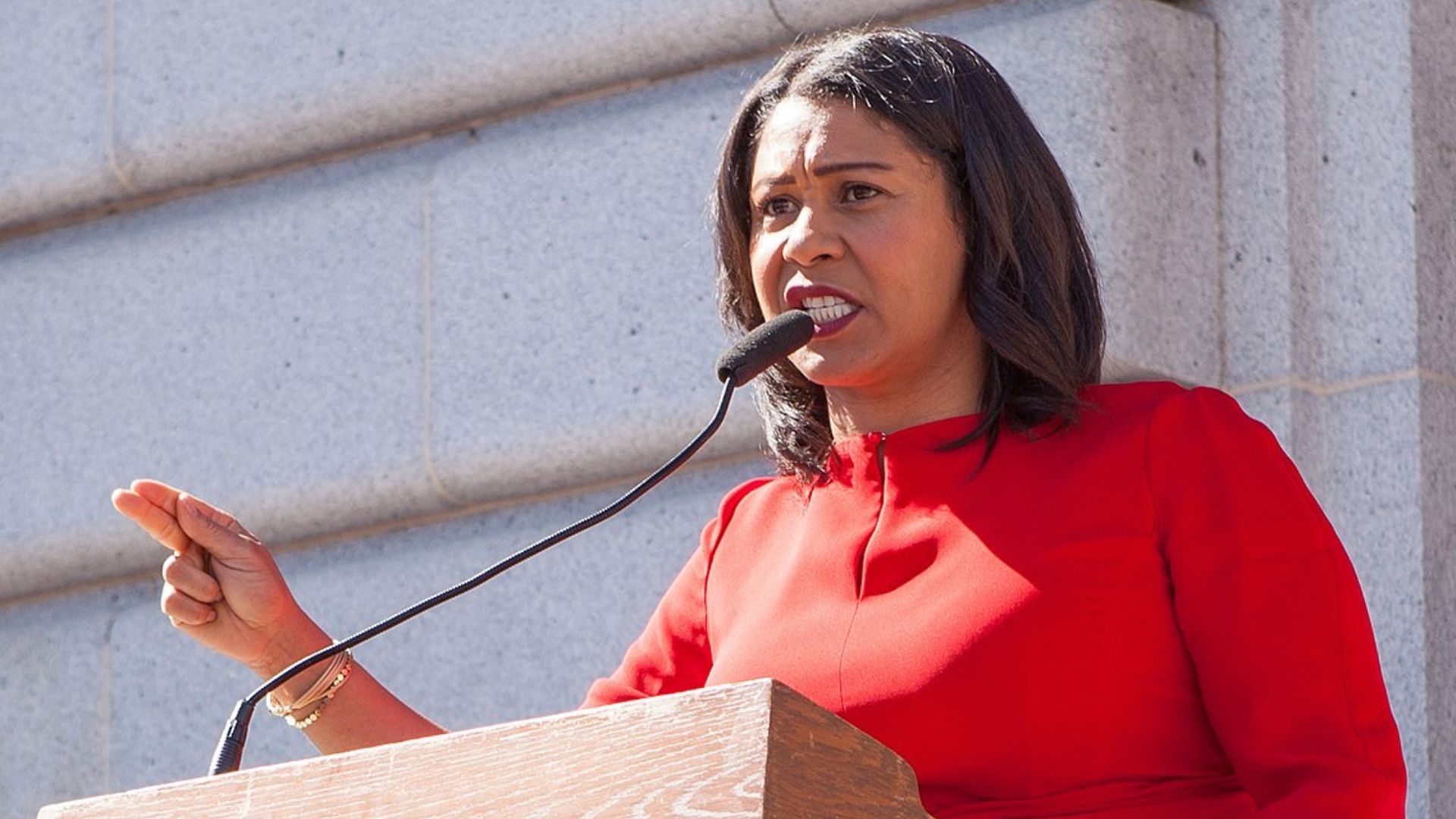
In her own words, Mayor Breed is calling for a crackdown on the Tenderloin’s open-air drug markets.
“Shutting down open air drug markets requires strong enforcement and new approaches,” she declared on social media platform X, formerly Twitter. She also pointed to a significant uptick in the police action over the past year, “Last year SFPD doubled the arrests of drug dealers from the year before.”
Business Curfew
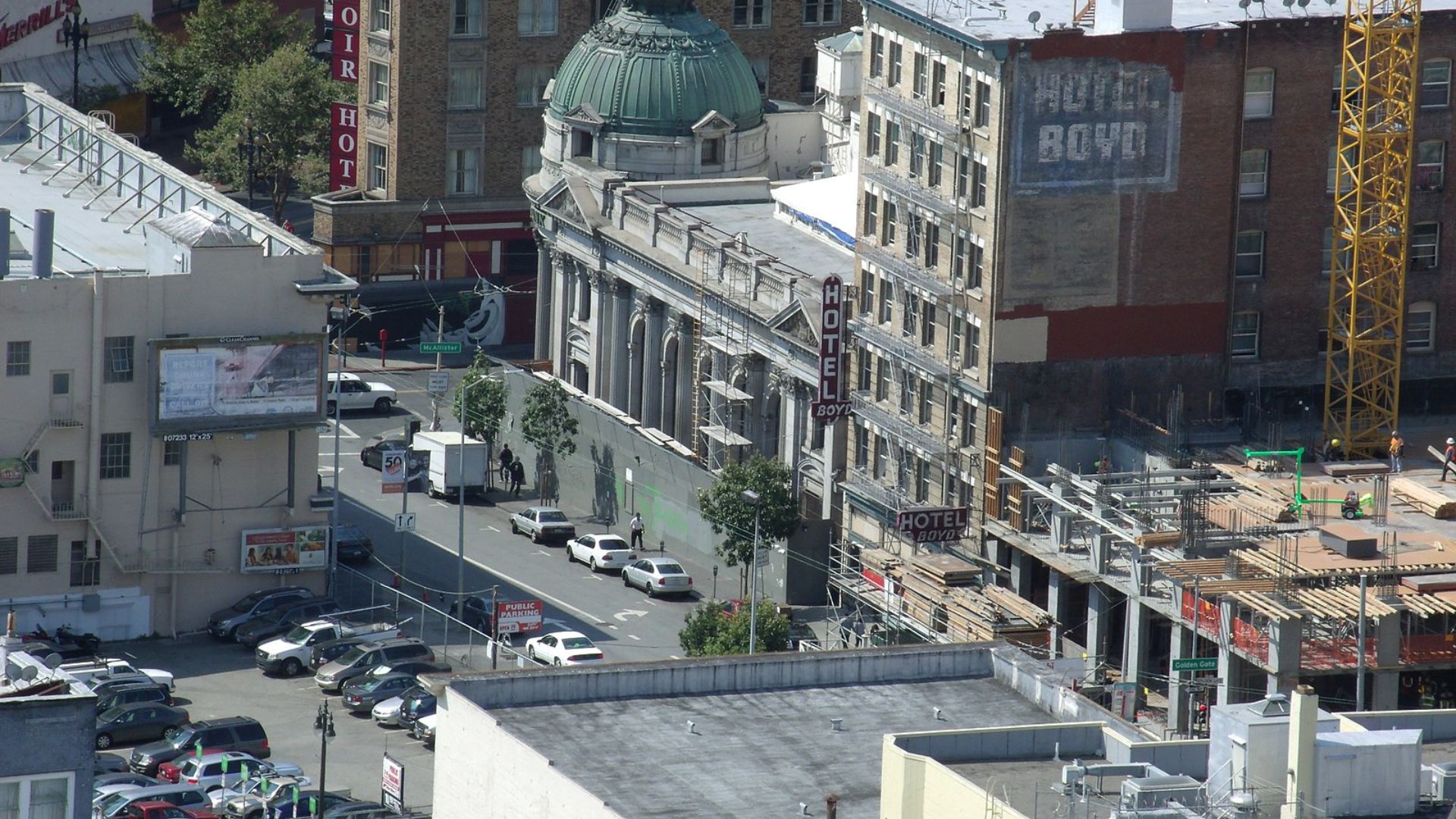
If passed, the new legislation will prevent certain businesses from operating between midnight and 5 a.m., specifically targeting retailers selling prepackaged food or tobacco.
This move is a cornerstone of Mayor Breed’s strategy to dial down the district’s notorious crime rate.
The Tenderloin’s Mixed Feelings
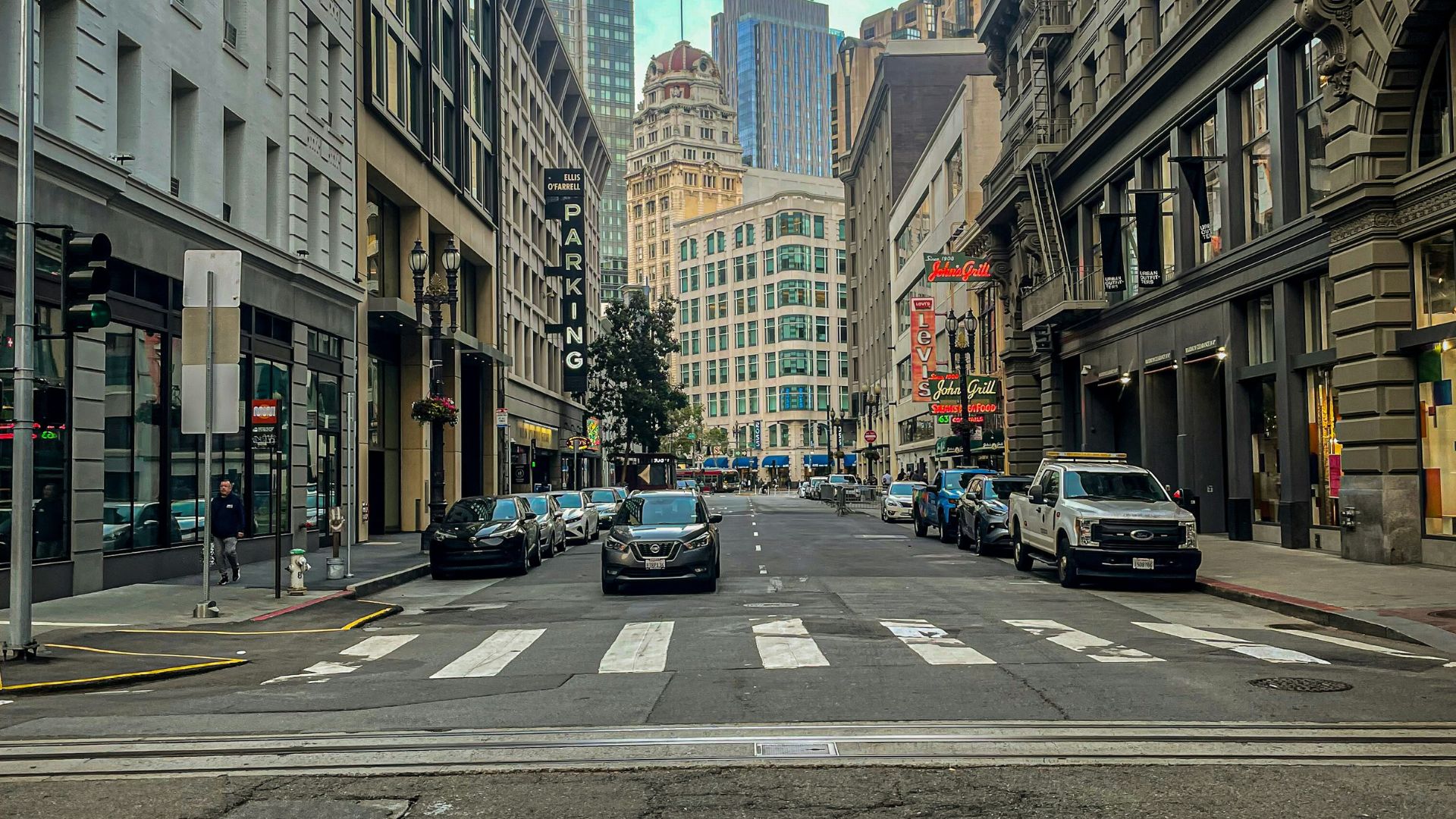
The proposed curfew has stirred a pot of mixed emotions among the Tenderloin’s stakeholders.
Police, entrepreneurs, and locals are torn, each group offering its take on how this change could reshape their night-time landscape and address ongoing safety concerns.
Police Support for the Curfew
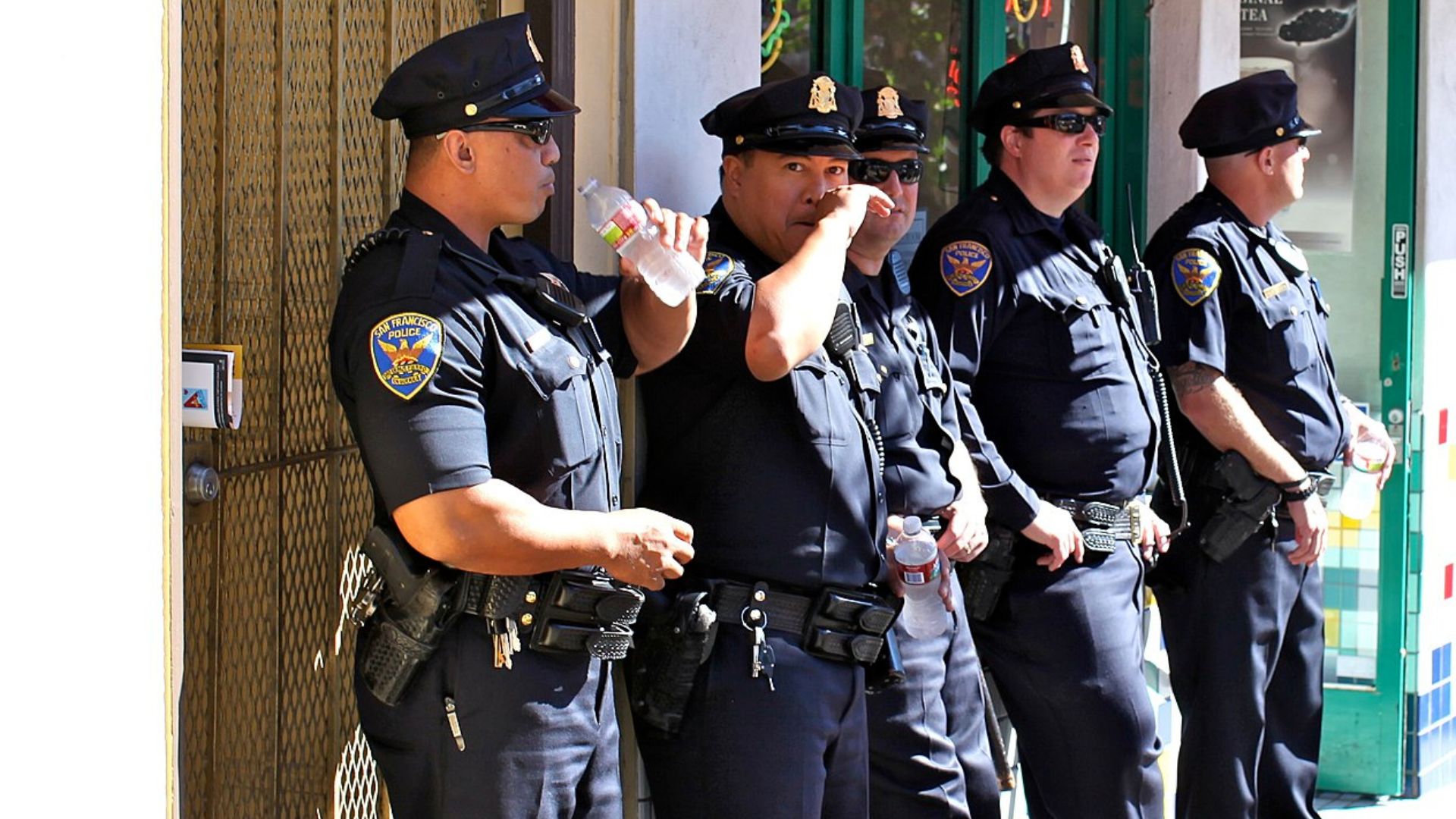
Backing the curfew, Assistant Chief David Lazar from the SFPD said, “Our challenges still occur at night.”
He continued, “Crowds of people that are there selling stolen property, selling narcotics. We have drug users all over. And the problem is that when you have businesses that are open, like liquor stores and smoke shops, it just attracts more people.”
Entrepreneurs on Edge
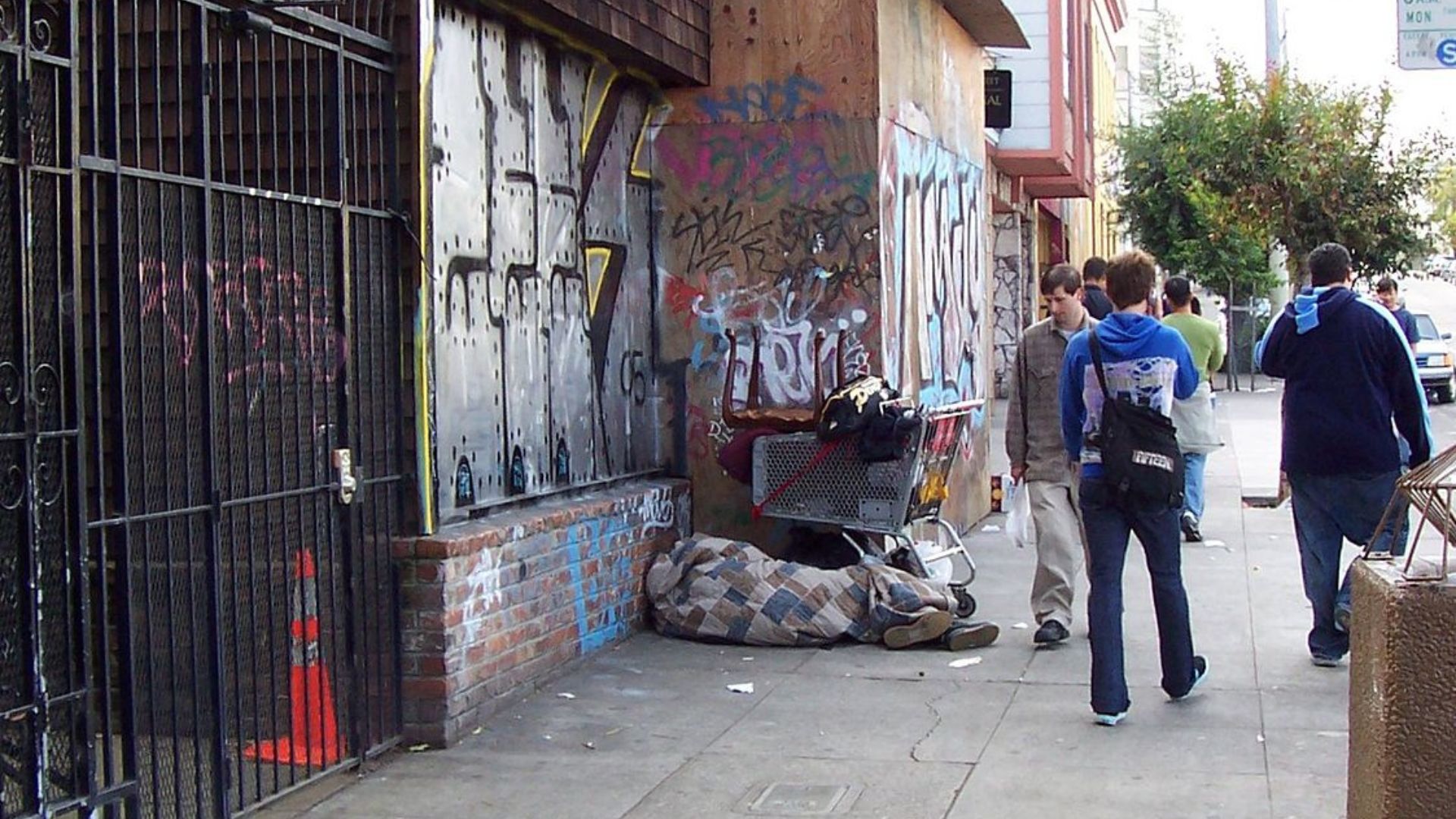
The business community’s reactions are split.
Tim Benson, a restaurant manager, told KTVU that while there’s been a visible police presence during the day, nightfall still brings trouble. Some worry about the impact restricted hours could have on their livelihood.
Curfew Costs
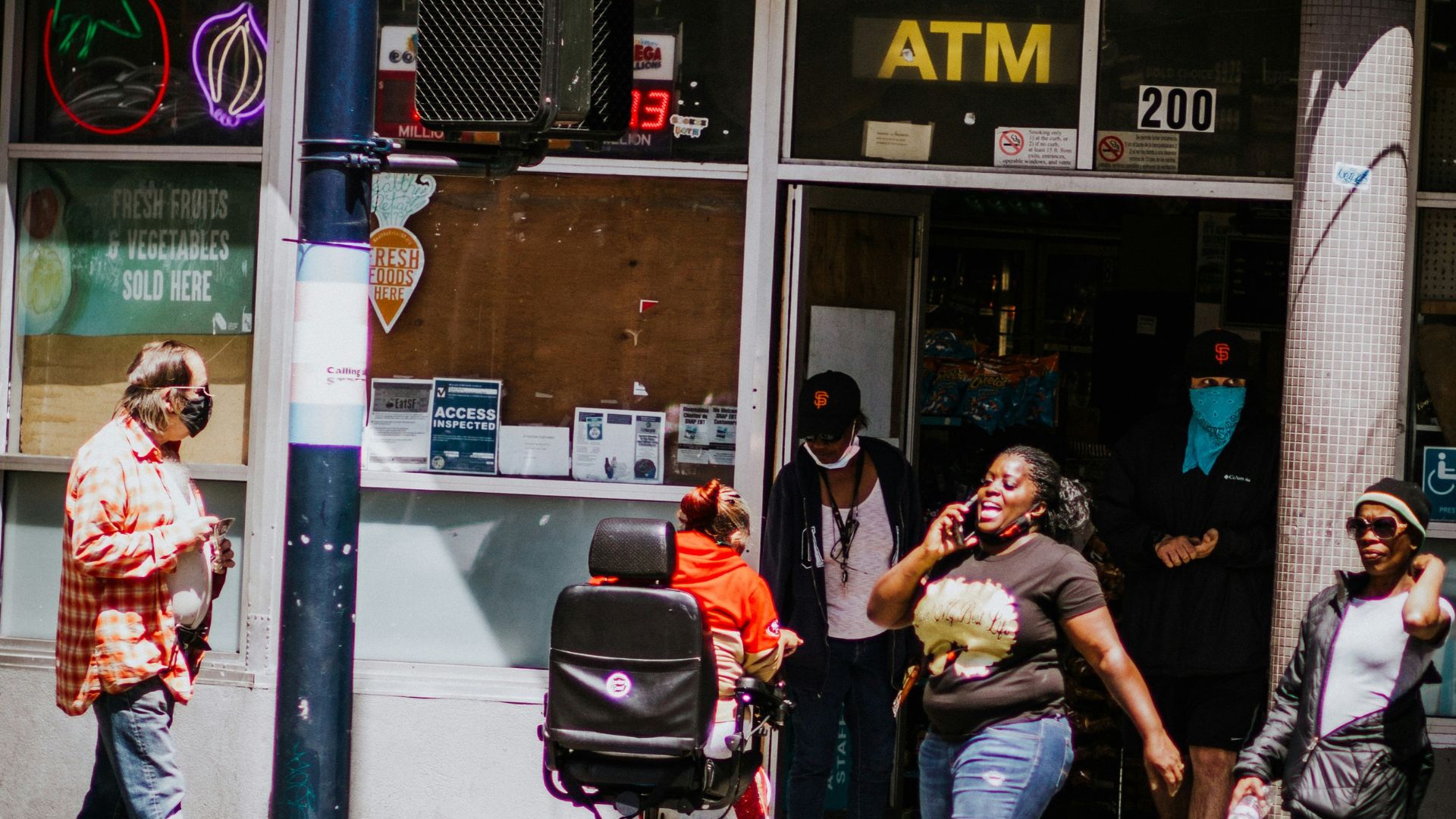
A store worker, preferring to remain unnamed, spoke about their economic fears if forced to close at night.
They said, “The reason why we want it to stay open is because we have to make more money to pay rent, to pay bills, phone bills, internet bills, and we have employees.”
Security Stepping Up
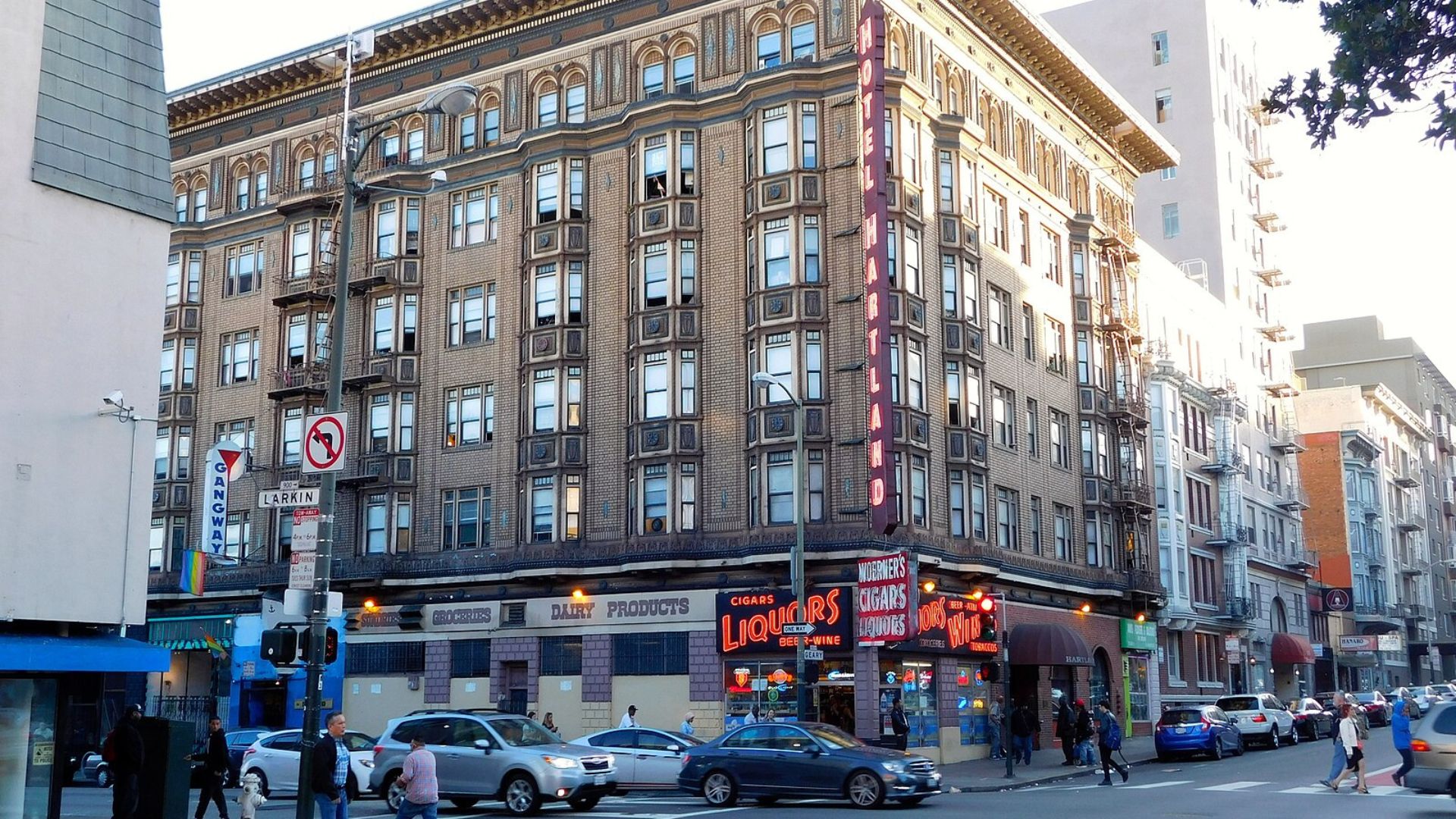
The same worker stressed the necessity for enhanced security measures, which illustrates the ongoing safety challenges businesses face in the high-crime area.
The curfew could exacerbate these challenges or potentially mitigate them, depending on various factors.
Local Voices, Major Doubts
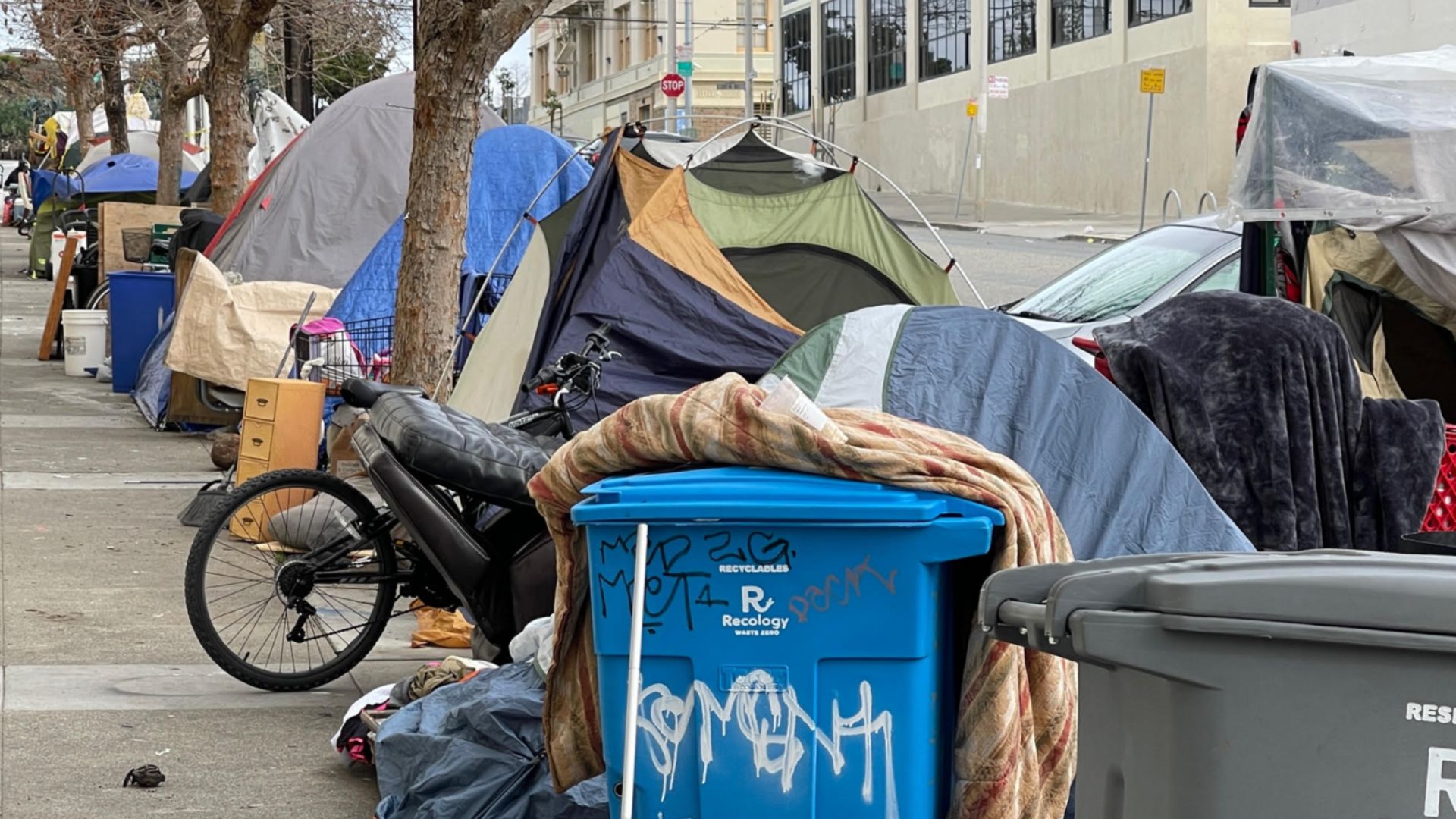
Not everyone is convinced of the curfew’s potential benefits.
“The curfew plan won’t work at all because people are still homeless and they’re still out here all night long, so the markets don’t really have anything to do with the crime,” a resident said, casting doubt on the effectiveness of such a measure.
When Night Falls on Business
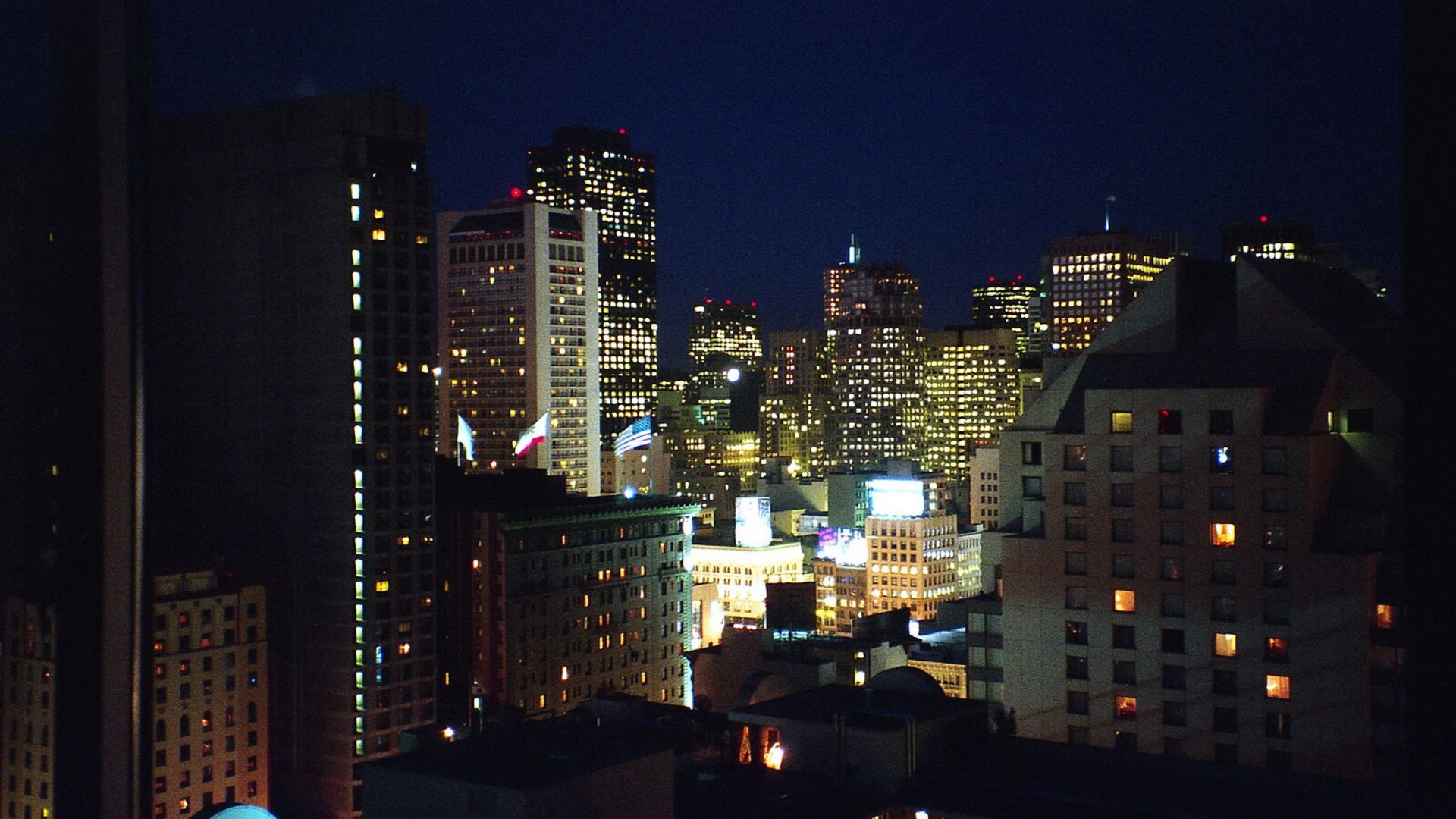
The curfew threatens the fragile night time economy of the Tenderloin, where many depend on after-dark hours for a significant portion of their earnings.
Businesses argue this could drastically affect their revenue, impacting not just individual shops but the entire community.
Weighing Pros and Cons
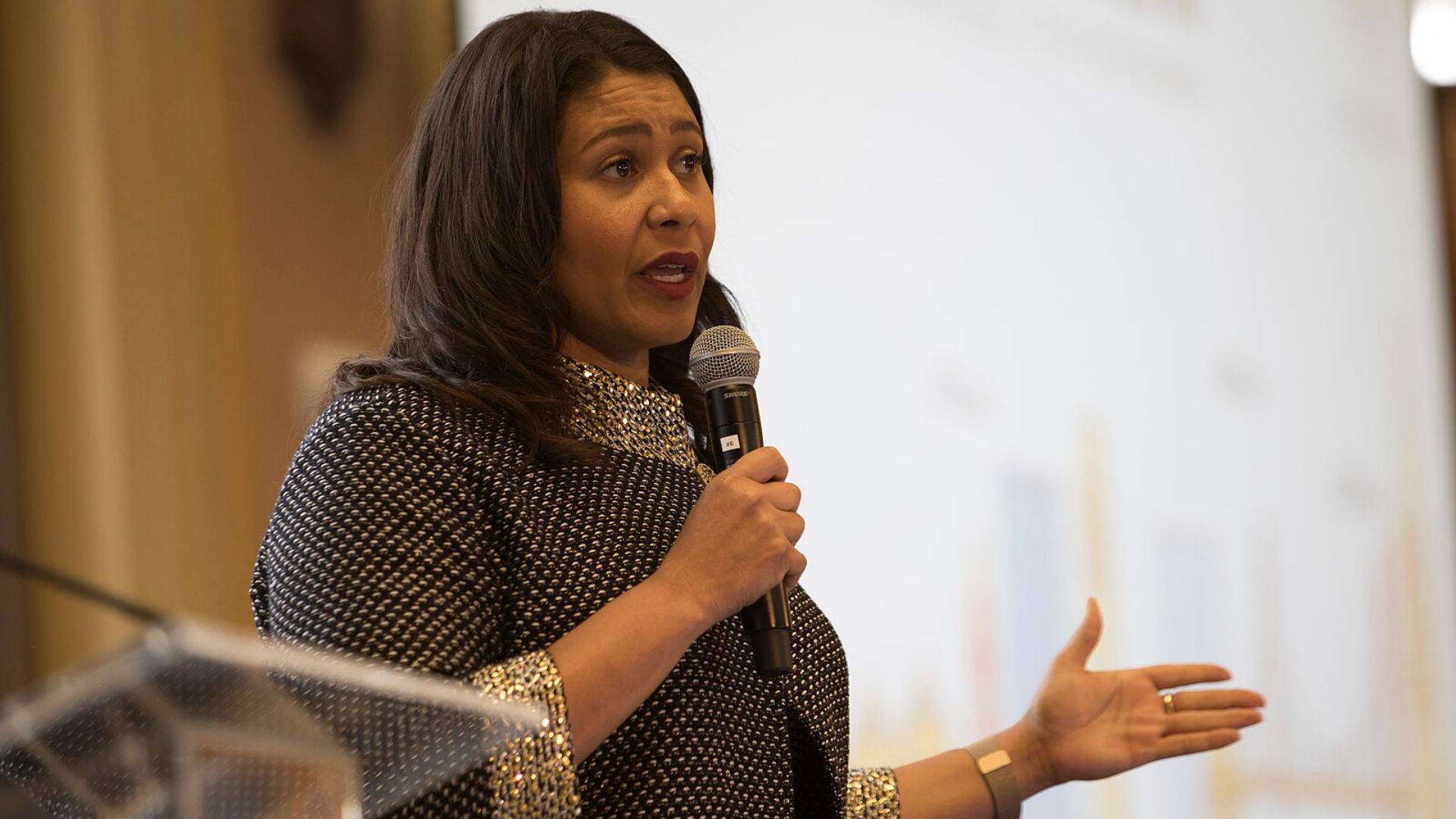
As debates heat up, the Tenderloin weighs the potential safety benefits of the curfew against its economic drawbacks.
This ongoing conversation mirrors larger urban challenges of balancing crime prevention with economic health.
What Lies Ahead for the Tenderloin?

The future of the Tenderloin hangs in the balance as San Francisco’s leaders ponder this pivotal decision.
The outcome could not only reshape the Tenderloin but also set a new standard for addressing urban issues across the city. The community watches and waits, hopeful for solutions that bring peace without stifling the night’s lifeblood.
